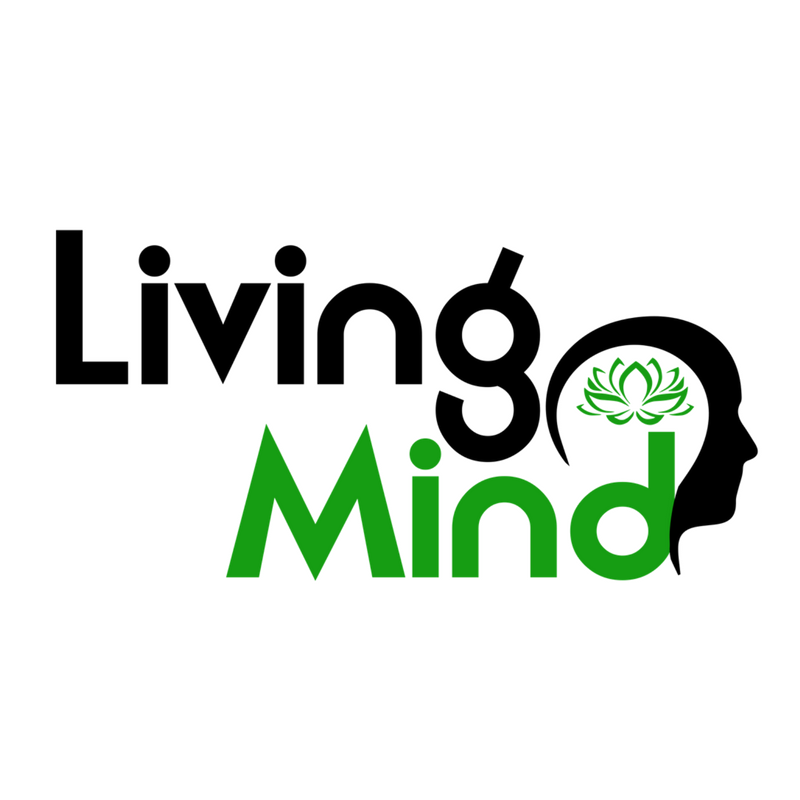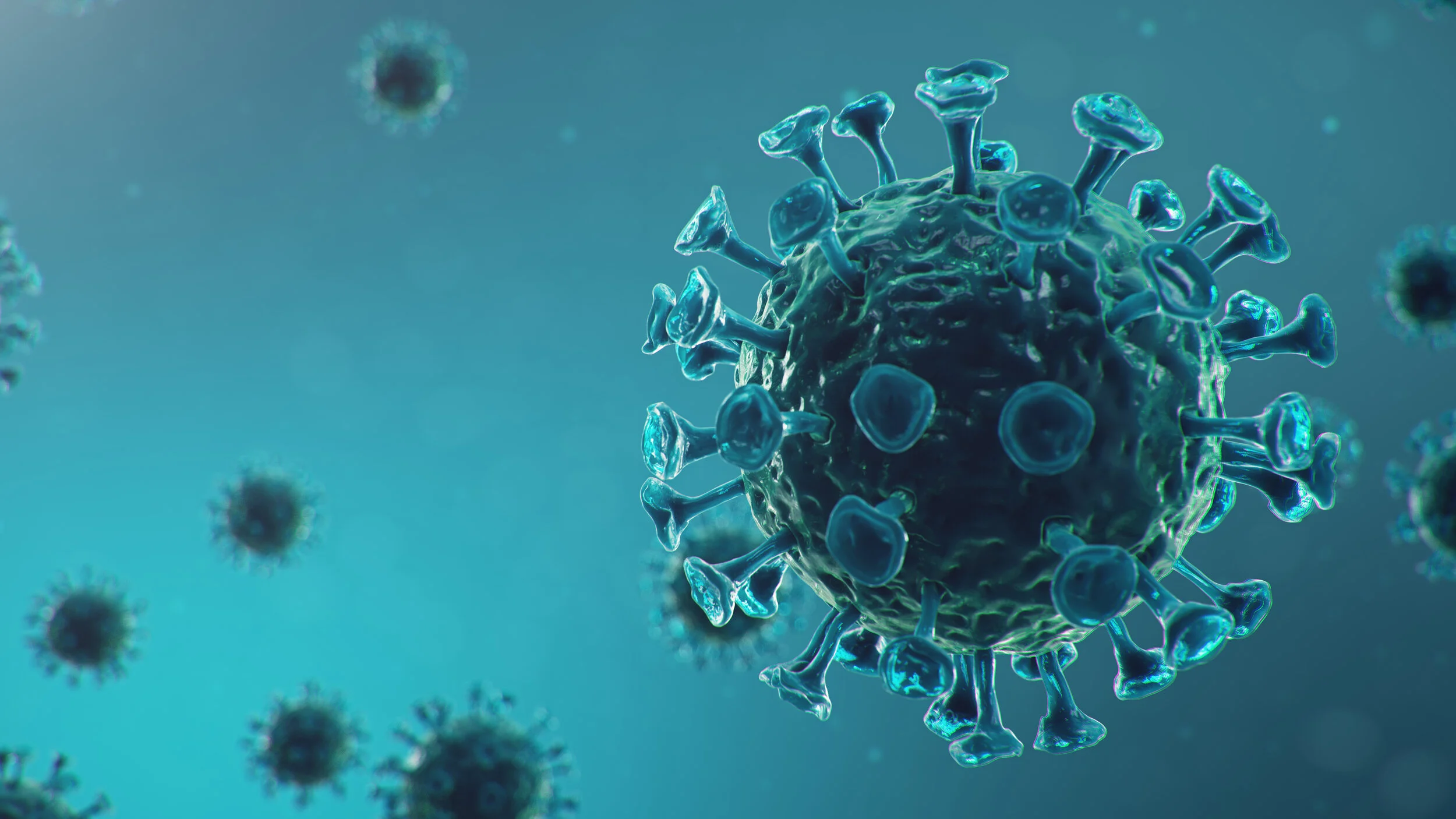Workforce guidance for mental health during the Covid-19 pandemic at Living Mind Limited
The outbreak of COVID-19 is having a huge impact on role of Psychiatrists and wider mental health workforce.
This document provides mental health workforce guidance and considerations for services and staff, to ensure safety in the workplace is maintained during the COVID-19 outbreak at Living Mind Limited.
The principles that should inform our response as a mental health service include:
People with mental health needs, should receive the same degree of protection and support with managing COVID-19 as other members of the population. This may mean providing additional support including by making reasonable adjustments after the risk assessment for individual patients.
Currently most of Psychiatric assessments are being carried out via secure online video platform. This minimises face-to-face contacts where possible. This is also keeping in with current Government guidelines.
As rTMS is a physical treatment for mental health disorders, where face-to-face contact is unavoidable, we have taken special measures during this treatment for our patients. This is as follows:
1. On each occasion we make sure that the patients do not have COVID-19 symptoms at the time of treatment or within the last 14 days.
2. Asking patients to remain outside the building when they arrive for their appointment and to telephone the clinic to let the clinician know they have arrived. This is to maintain social distancing from other persons inside the building.
3. Patient will be called into the building when it is safe to do so and once the room is ready for them.
4. Only one patient (if needed one family member/carer) is allowed at one point in the clinic for the treatment.
5. Patient (and carer/chaperone) asked to use hand sanitiser when entering and leaving the building. Touch free hand sanitising foam for patient and staff use is available in reception.
6. Maintain 2m distance where possible and safe especially during the subjective face to face examination/ assessment.
7. Throughout the treatment, staff wear masks, disposable apron and gloves.
8. The equipment is wiped with antibacterial wipes before and after each patient.
9. Room surfaces, couch, electrical equipment, door handles, taps are cleaned before treating the first patient of the day using antibacterial wipes.
10. Room surfaces, couch, electrical equipment, door handles are cleaned after every patient leaves the treatment room including after the last patient of the day using antibacterial wipes.
11. Dispose of gloves between each patient by wrapping gloves in the apron and placing carefully into the room bin. Guidance for this is in each room.
12. Masks can be used for a complete working session unless they become soiled where they must be changed immediately.
13. Explain to patients the policy and procedures for attending clinic face to face
14. Explain to the patient the close contact that may be required during a F2F session
15. Discuss with patients attending face to face that they may be required to attend wearing a face-covering
16. Explain to patients the cleaning processes in place in treatment areas
17. Document any questions individual patients raise related to attending face to face related to Covid-19
18. Train all our staff in appropriate consent for treatment procedures
19. Daily cleaning of treatment rooms, bathrooms and communal areas by professional cleaning company. Twice weekly professional clean of all other areas. Sufficient and correct cleaning products always available – provided by the clinic.
20. Staff bring their own crockery and cutlery for use during breaks.
21. Wipe surfaces and taps in the kitchen after preparing refreshments with antibacterial wipes.
We will ensure that we maintain the safety of our patients, staff and the wider public to protect the reputation of the practice and the mental health profession as a whole during this time. We are adhering to the guidelines of The Royal College of Psychiatrists and General Medical Council. At present apart from rTMS, we will continue to avoid any face-to-face assessments for Psychiatric Consultations until, the government guidelines change.
In case of any emergency, we will carry out blood tests and ECG by adhering to the above mentioned guidelines as far as practicable and safe. We will also wear masks, apron and gloves during this procedure.
Infection prevention and control measures
We will keep up to date with The RCPsych guidance on Covid-19 in Mental Health Service and ensure we have all appropriate systems and processes in place to comply with guidance.
This guidance is based on the best evidence available from previous pandemic and inter-pandemic periods and focuses on the infection prevention and control aspects of this disease, recognising that a preparedness plan will consider other counter measures.
The emerging evidence base on Covid-19 is rapidly evolving and we will continue to monitor the RCPsych guidance for updated information.
We understand the transmission of Covid-19 to occur mainly through respiratory droplets generated by coughing and sneezing, and through contact with contaminated surfaces; the incubation period being between 1 to 14 days.
We will ensure that all hard surfaces are cleaned with a minimum of 70% alcohol antibacterial cleaning products regularly throughout the day and specifically before and after each face to face patient attends the clinic.
We will ensure that patients, clinicians, administration staff, room hirers and visitors are kept at a 2m distance at all times other than when a clinician is treating a patient and when it is practical and safe to do so.
We will only allow patients, clinicians, administration staff, and visitors to attend the building in person providing that they do not show any signs or symptoms of Covid-19.
All patients, clinicians, administration staff, and visitors will be asked to use an alcohol-based hand sanitiser when entering and leaving the building.
Clinicians must perform hand hygiene protocols before every face to face appointment begins and after the appointment finishes and room cleaning has been undertaken and PPE has been removed.
PPE usages and disposal guidance will be displayed in the treatment room.
Hand washing guidance information will be displayed above each sink unit in the building.
Access to personal protective equipment
We understand that having access to the appropriate PPE, suitable for our clinical environment and clinical intervention, is essential in order for us to proceed with a face-to-face appointment.
PPE for direct patient care when treating a patient who is not currently a possible or a confirmed Covid-19 patient
Disposable gloves – single patient use
Disposable plastic aprons – single patient use
Disposable face mask – to be disposed of after each session or earlier if damaged or soiled. (a session ends when the clinician leaves the clinic environment or after 4 hours)
Goggles for use if clinician feels these are required
PPE requirements for treating non Covid-19 patients
Clinicians will consider the following:
· Whether to ask patients to wear face coverings if they attend for face to face appointments
· Know the PPE that any non-clinical staff in the practice will be required to use, including for any cleaning that must be undertaken?
· Know how to risk assess for the correct level of PPE at each consultation
· Procure all the necessary PPE
· Train the clinical and non-clinical staff on how to don and doff PPE
· Put in place appropriate processes and methods to dispose of PPE
Patient consent for treatment
Patients are informed that we are not carrying out any face to face Psychiatric Assessment except rTMS which is not possible to carry out without face to face session.
Clinicians must
· Understand their duty of care
· Understand the frameworks that guide informed consent
· Document why a virtual appointment is not indicated for any patients’ where this is the case – F2F is the default mode for rTMS as already mentioned above.
· Explain the safety measures the clinic and the clinician have in place to address the risks of Covid-19 in attending a face to face appointment
· Explain to patients the policy and procedures for attending clinic face to face
· Explain to the patient the close contact that may be required during a F2F session during rTMS.
· Discuss with patients attending face to face that they may be required to attend wearing a face-covering
· Explain to patients the cleaning processes in place in treatment areas
· Document any questions individual patients raise related to attending face to face related to Covid-19
· Clinical and Non clinical staff should be trained in appropriate consent for treatment procedures
We understand that members may become legally liable if they fail to risk-manage treatments and their clinical environment to safeguard patients for example with insufficient PPE, sanitisation, social distancing and other reasonable safety measures. Informed consent should now include reference to Covid-19 and compliance with any legal obligations.
Updated 12 June 2020

